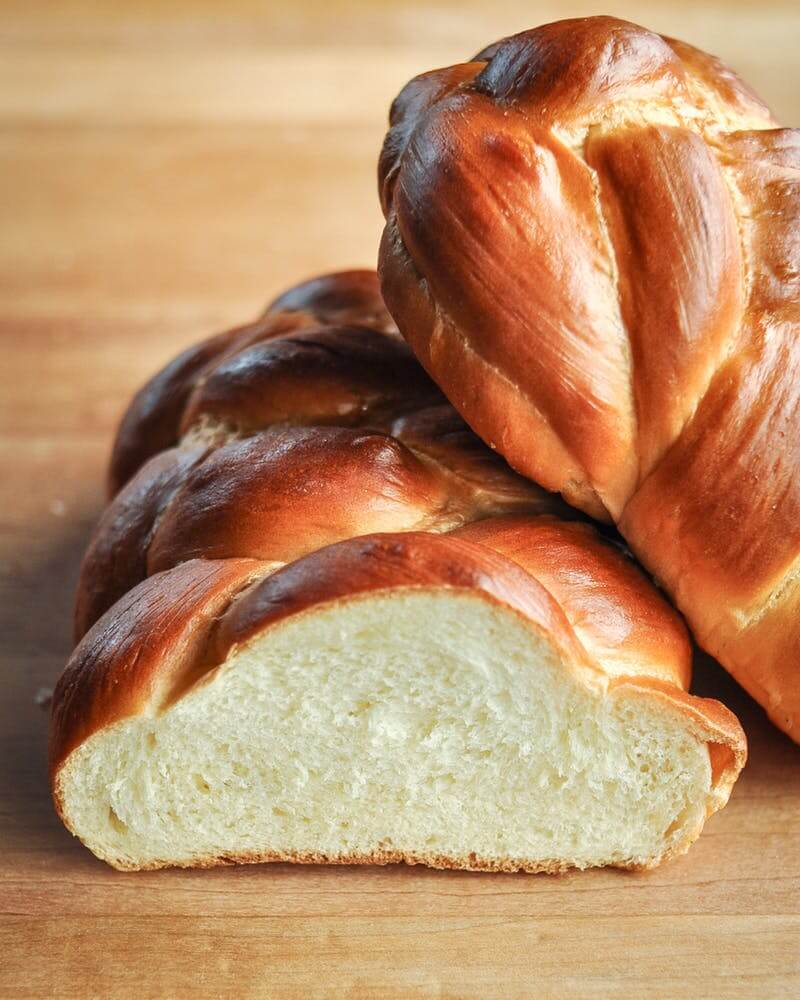We don’t intend any disrespect to that loaf of bread you just purchased at the grocery store, however after you learn how to make bread from home, it will completely transform your life. It may seem like a very daunting task at first. All of that kneading and pulling and waiting and baking. However, over time, this process will absolutely become second nature to you.
-
Read the Directions
That might seem very obvious, however when it comes to human beings, one thing we know is they tend to ignore techniques that are provided in the instructions and end up reverting to their familiar old ways. However, don’t be this type of human being. Follow the directions. Even if it is something very intense such as BA’s Best Bread. You know you can do it.
-
Get Started With A Very Forgiving Bread
Salt, water, yeast and flour. Those are the basic ingredients of bread. However, just because the list of ingredients is basic, doesn’t necessarily mean that it is easy. Bakers recommend you start out with a bread like focaccia or challah. Challah also calls for butter and eggs, however it can take some abuse while it is in the oven. With focaccia the same thing is true. There is no crazy crust to worry about, only a doughy, pillowy playground.

Credit: http://www.thekitchn.com/how-to-make-challah-bread-181004
-
Lay Everything Out
Before you get started on your bread baking journey, it is very important that all of your ingredients are laid out in front of you. There are many different types of flour, so ensure you have the right one for the bread. You don’t want to end up wasting time, having to rummage through the mess inside of your refrigerator looking for butter, while the bread dough is just hanging out on your kitchen counter waiting all by itself.
-
Purchase a Digital Scale
A couple of kilotons, ounces or grams here and there does make a big difference. When you bake according to weight measurements, instead of by volume, it helps you keep tighter control over your proportions to produce more consistently amazing bread. It’s one of the vital bread baking basics of the pros. Rocket scientists don’t just wing it when it comes to rocket fuel. Neither should bakers when it comes to flour.
-
Know Your Yeast
Although pros don’t object to dry yeast, they do prefer to use live (wet) yeast in his baking, due to its livelier interaction with dough along with its superior texture and flavor. If you are unable to find any live yeast (which is usually tucked away in the refrigerated section somewhere by the yogurt or fermented vegetables) then it is perfectly fine to use dried yeast (which is available almost anywhere).
-
Knead The Dough Like A Monk
According to bakers you should knead your dough like you were meditating. Only do that and nothing else. Let the phone ring, if it rings. If your kids are hanging out, make them leave the kitchen. When it comes to kneading, it is all about your hands learning what they can expect from the dough. At some point in time in the future, you will have your very own baking empire, and you will be thinking as you are kneading that it feels a bit too firm. Always listen to what your dough is telling you.
-
Watch the Oven Carefully
One of the more common bread baking mistakes is to just throw the dough into the oven and then abandon it. However, that loaf of bread is similar to a four-year-old child who has two working parents. In other words, it needs to have a babysitter. Rotate it, if it starts to brown faster on one side. Stay involved. Although the pros likes ovens, they don’t trust them. Most say they haven’t even met an oven that can bake 100% evenly.
-
Relax
Don’t stress out over your bread needing to be perfect. If it doesn’t bring you lots of joy then there really is no point to bake bread at home. If part of your loaf burns, you don’t need to worry about it. People actually like the crispy parts. It’s fine if one part of the loaf isn’t as firm as the other part. People love the soft parts also. The main thing for you to remember is that if your bread is warm and fresh, people will be all over it the second you put it on the table.
-
Keep A Bread Diary
One of the most important aspects of a baker’s life is to take notes. What was the room temperature like while you were kneading? Was it a really humid day? Did you stop kneading for seven minutes in order to Instagram your masterpiece? These kinds of things affect bread, so it can be very useful for the next time you make bread.
-
Master a Basic Bread, And Then Expand
Before you start improvising and experimenting, master one loaf first. Get familiar with certain ingredients and the relationship between them and how they affect your final product. This is critical information to have. The first step is to build a solid foundation, whether you are building a house or making challah.